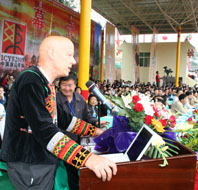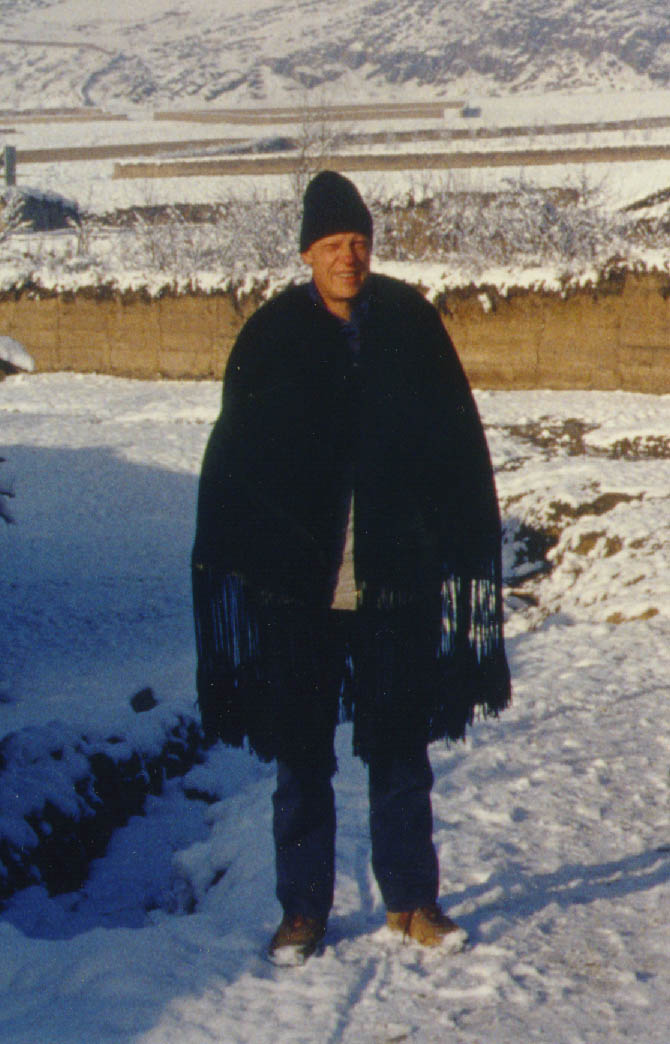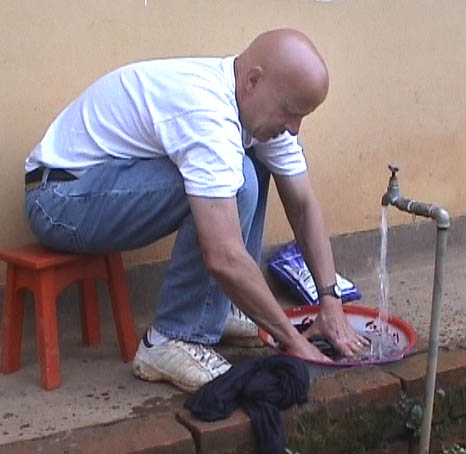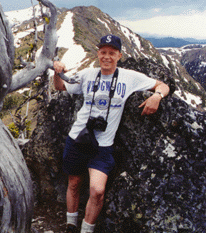



|
 
|

|

|

|

|

|
|
|
I am an anthropologist of China and Taiwan, and have taught at the University of Washington since 1974. My first research in Taiwan in 1972-73 was on individual differences in folk religion. At the same time, I was interested in family, kinship, demography, and political economy. My first monograph Ploughshare Village, a later synthetic work Human Families, and several edited volumes resulted from this research. In the 1980s, I turned my attention to Sichuan, where I became interested in ethnicity and ethnic relations. I conducted collaborative international fieldwork in minority areas, particularly with the Nuosu, or Liangshan Yi. This led to several edited volumes, as well as to a regional ethnography, Ways of Being Ethnic in Southwest China. My interest in ethnic identity led to interest in ethnic arts, and from 1999-2007 I was Curator of Asian Ethnology at the Burke Museum of Natural History and Culture. I curated Mountain Patterns: Survival of Nuosu Culture in China jointly with Ma Lunzy and Bamo Qubumo, along with other exhibits at the Burke and at the Bellevue Arts Museum. Working in Liangshan, I became interested in environmental sustainability and community development through education. I helped found the Yangjuan Primary School in 2000. At the same time, I became active in educational exchange programs. I now head the UW Worldwide Program, exchanging undergraduates with Sichuan University and involving many of them in ecological fieldwork and community service at the Yangjuan School. In 2005, with a group of students, I founded the Cool Mountain Education Fund, a small NGO that gives scholarships to graduates of the Yangjuan School. I plan to devote the rest of my professional career to international scholarly and educational exchange and to research on human-environment interactions in the US, China, and Taiwan. |